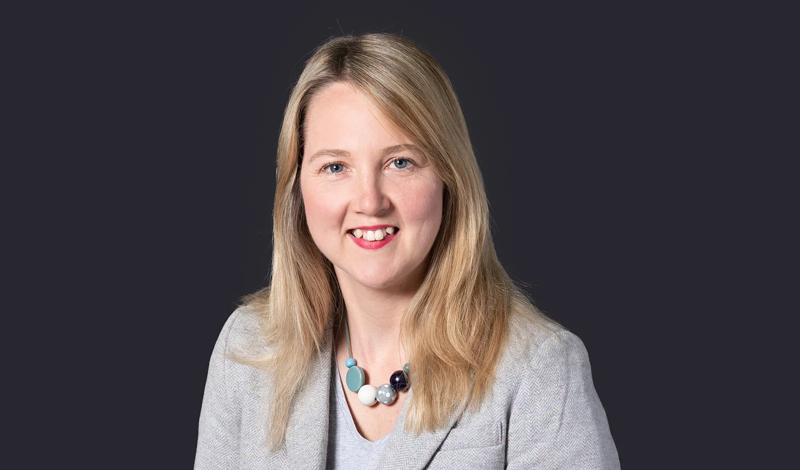Looking ahead to exam challenges in summer 2022
How schools and colleges can make sure that all teaching staff understand and are implementing the government guidance for summer 2022 exams.
Schools and colleges across the country are preparing students for sitting formal exams in summer 2022 in line with the Department for Education (DfE) and Ofqual guidance published early in the autumn term. Broadly, the plan is for exams to take place as usual, with variances to curriculum content and the provision of advance information or exam support material, depending on the subject being examined.
If exams proceed as expected next year then any student appeals following results days will be dealt with by exam boards in the usual way. It is hoped that there will be a reduction in the number of appeals following Ofqual’s decision to set grade boundaries so that more students receive higher grades. Where there are appeals, it is likely that a number of these will be related to COVID-19, including student illness or family bereavement. However, schools will already be familiar with the process for submitting requests for special consideration.
But what if, as in summer 2021, exams cannot proceed in summer 2022 because of the pandemic? Following the DfE and Ofqual joint consultation, guidance has now been published which sets out the government’s contingency plans for this scenario. In essence, it has been decided that, in these circumstances, student grades will be determined using the Teacher Assessed Grades (TAGs) approach similar to that used in summer 2021.
Schools are now being asked to collate assessment data throughout the 2021/22 academic year that will be used to determine TAGs if exams are cancelled. For qualifications without non-exam assessment, Ofqual recommends that a “sensible approach” would be to plan to assess students in the second half of the autumn term, the spring term and the first half of the summer term. The guidance states that assessment should be carried out under exam-like conditions wherever possible.
There will inevitably be practical challenges in preparing students for exams at the same time as ensuring that staff are collating evidence for these new-style TAGs in the ways envisaged by the guidance. Appeals or legal challenges are likely to be linked to failures to meet the expectations outlined in the guidance, for example:
- Excessive assessment or over-assessment (i.e. more than expected by the guidance) leading to student stress or anxiety;
- Using assessment questions which are not of a similar style to those found in exam board’s exam papers;
- Not informing a student before they took the assessment that their performance in it would be used as part of the evidence to determine a TAG if exams are cancelled;
- A failure to give a student notice of the above sufficiently far in advance of the assessment to allow the student time to revise and prepare;
- Giving a student incorrect or incomplete information about which parts of the subject content would be covered by the assessment;
- Failing to make appropriate reasonable adjustments for a disabled student undertaking the assessment; or
- Not making a student aware that they should let staff know before, or immediately after, the assessment of any events outside of their control that might have affected their performance to which special consideration might apply.
Ofqual have published a letter to students outlining the contingency plans and schools are encouraged to share this with students. It may also be prudent to prepare a template letter to be issued to students sufficiently far in advance of each assessment in each subject to cover the areas of potential challenge above. To assist we have drafted this template letter that you can use or adapt as needed.
Schools should take a significant degree of comfort from the very few appeals and challenges arising from the summer 2021 TAG process on which this new process is based.
As before, making sure that all teaching staff understand and are implementing the guidance as envisaged, and that the school leadership maintains a culture of openness and support for teaching staff, will help avoid issues which could lead to appeals or challenges arising or ensure that they are identified and dealt with at an early stage.
Contact

Victoria Hatton
Partner
victoria.hatton@brownejacobson.com
+44 (0)330 045 2808






































